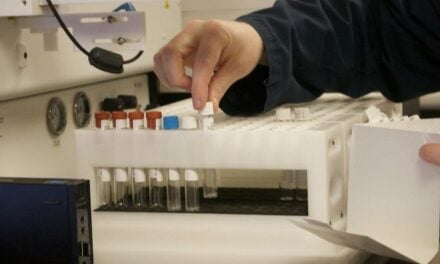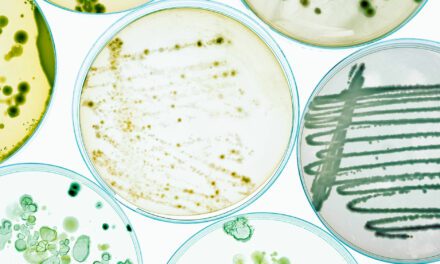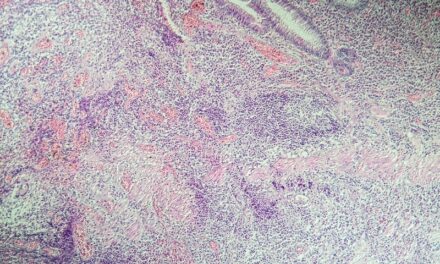Deep-learning model trained on 4,000 samples shows 98.6% agreement with manual review while identifying additional organisms missed by technologists.
A deep-learning artificial intelligence (AI) system developed by ARUP Laboratories demonstrates superior sensitivity compared to human observers in detecting intestinal parasites in stool samples, according to research published in the Journal of Clinical Microbiology.
The convolutional neural network (CNN) achieved 98.6% positive agreement with manual review after discrepancy analysis and identified 169 additional organisms that had been missed during earlier manual reviews. The system also consistently detected more parasites than technologists when samples were highly diluted, suggesting improved detection capabilities at early infection stages or low parasite levels.
“Our validation studies have demonstrated the AI algorithm has better clinical sensitivity, improving the likelihood that a pathogenic parasite may be detected,” says lead author Blaine Mathison, ARUP’s technical director of parasitology and an adjunct lecturer in the University of Utah’s Department of Pathology, in a release.
Training on Global Sample Collection
ARUP partnered with Utah-based Techcyte to train the AI system using more than 4,000 parasite-positive samples collected from laboratories across the United States, Europe, Africa, and Asia. The samples represented 27 classes of parasites, including rare species such as Schistosoma japonicum and Paracapillaria philippinensis from the Philippines, and Schistosoma mansoni from Africa.
The system analyzes wet mounts of stool samples, a process that traditionally requires highly trained experts to manually examine each sample for cysts, eggs, or larvae under microscopy.
“We are identifying more organisms than we would without the AI, which improves diagnosis and treatment for patients who are affected,” says Adam Barker, ARUP’s chief operations officer, in a release.
Implementation Timeline and Impact
ARUP began implementing AI in clinical parasitology in 2019 with trichrome portion analysis of ova and parasite tests. In March 2025, the laboratory expanded AI capabilities to include wet-mount analysis, covering the entire testing process.
The timing proved beneficial when ARUP received a record number of specimens for parasite testing in August. The laboratory met demand without compromising quality through AI-enhanced efficiency, according to the company.
“An AI algorithm is only as good as the personnel inputting the data,” says Barker in a release. “We have phenomenal staff who have used their extensive knowledge and skills to build an exceptional AI solution that benefits not just the laboratory, but also patients.”
ARUP and Techcyte plan to expand AI applications in diagnostic testing beyond parasitology. ARUP has already implemented AI assistance for Pap testing and is developing additional tools for laboratory operations and diagnostic accuracy improvements.
Photo caption: Lead author Blaine Mathison, ARUP Laboratories’ technical director of parasitology.
Photo credit: ARUP Laboratories





